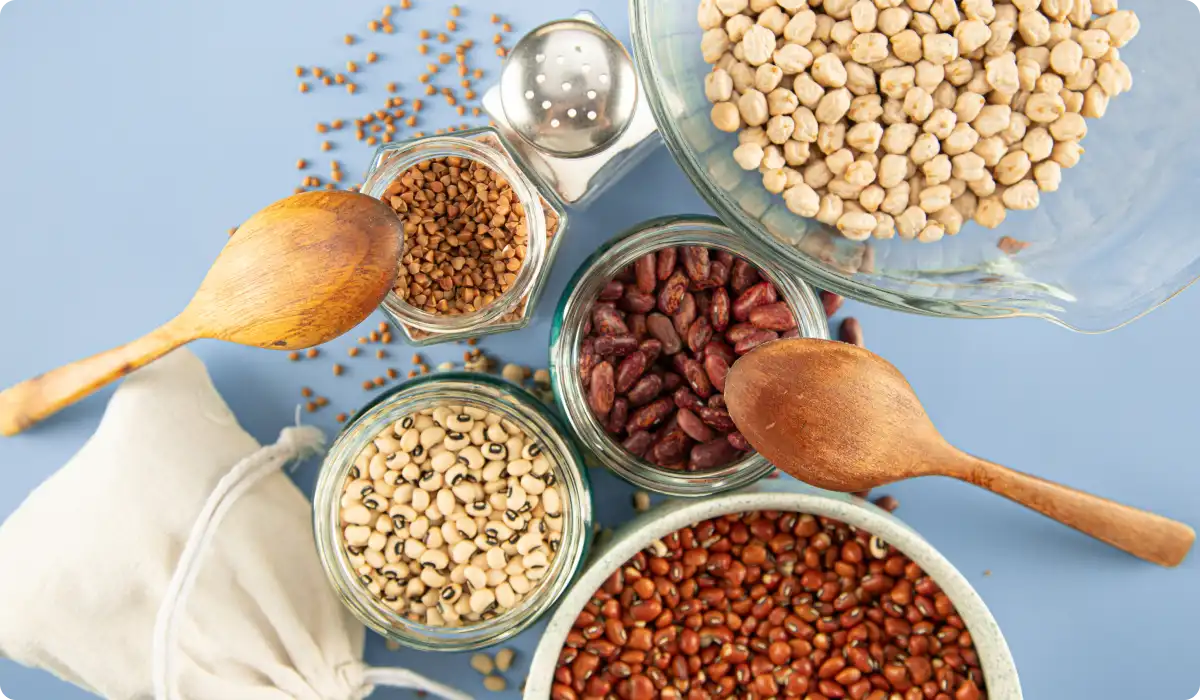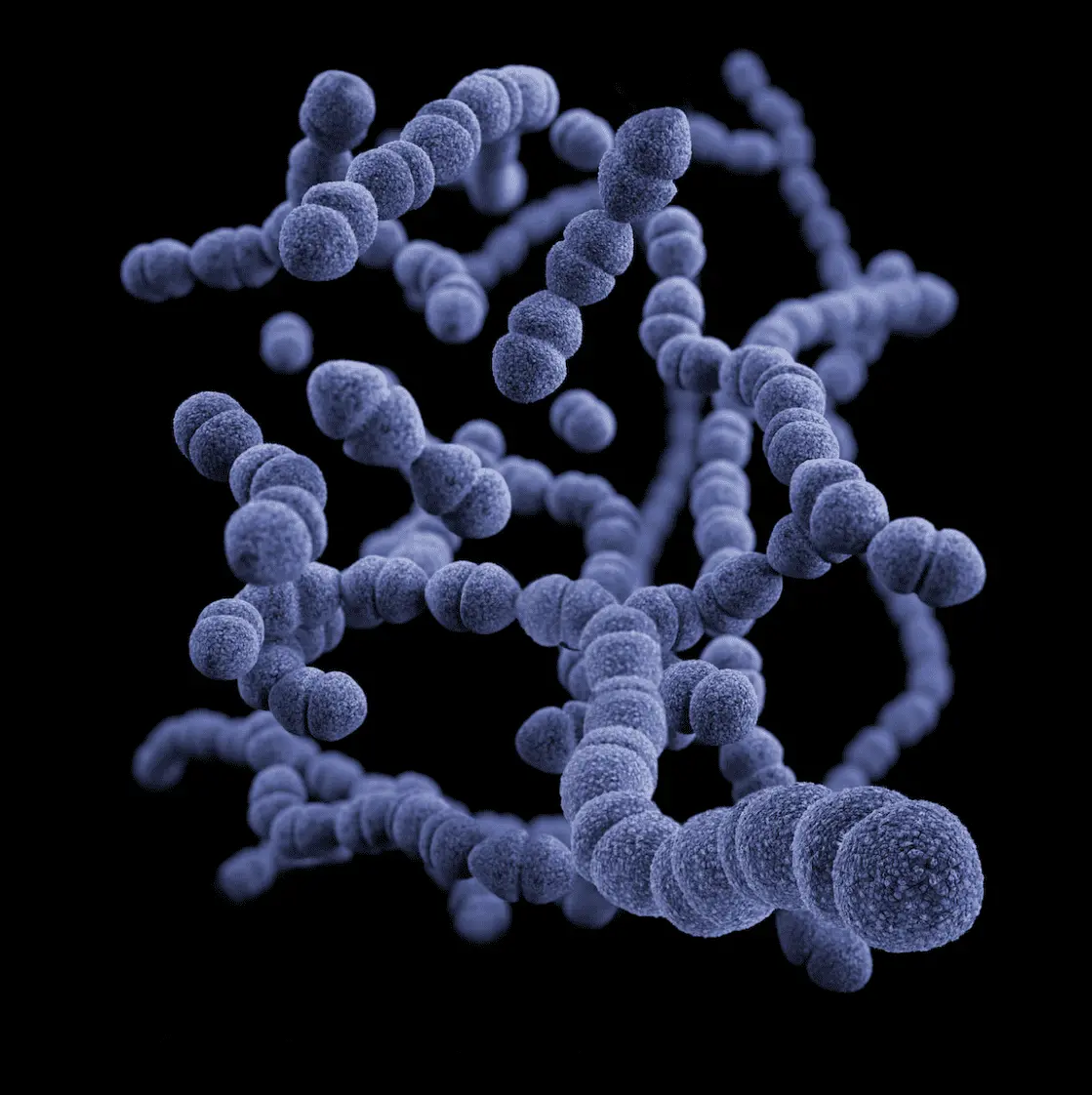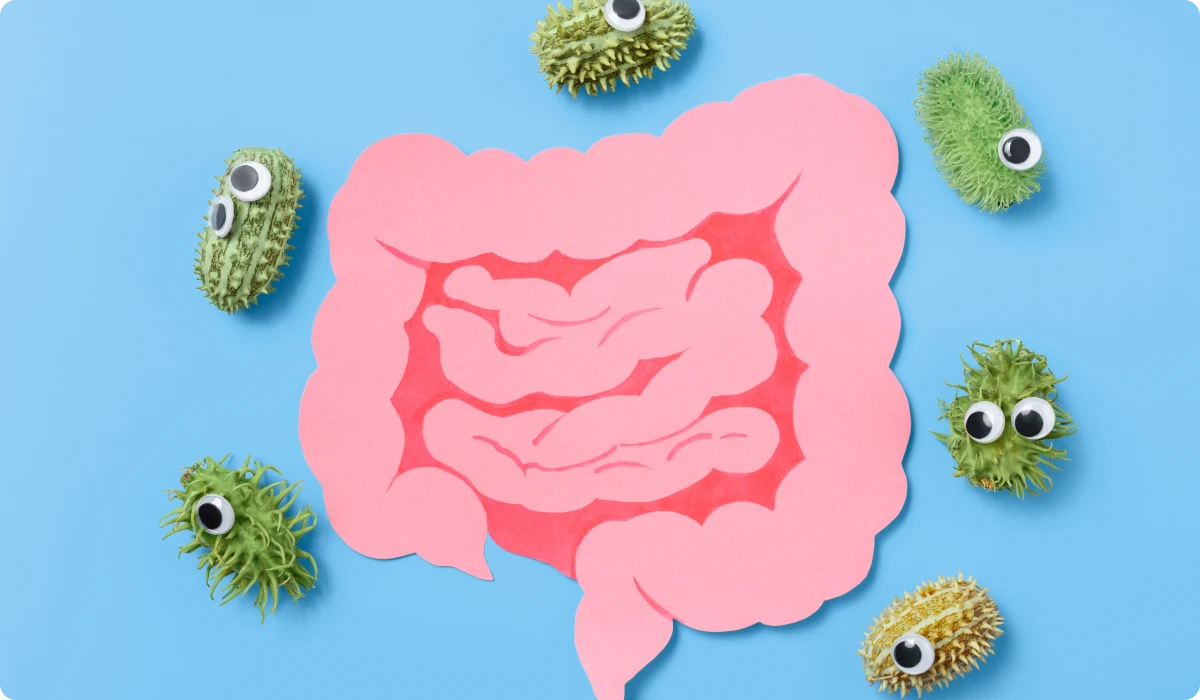
Is It Better Than Animal Protein?
Here we discuss the best sources of plant-based proteins and why it is important to choose plant-based foods over animal products if you aim for a healthier lifestyle.
PLANT-BASED PROTEIN VS ANIMAL PROTEIN
Plant-based protein is a hot topic between vegans and non-vegans. People argue the best sources of protein come from animal food. It’s true that animal proteins are complete due to the presence of all 9 essential amino acids. However, meat has several other components like saturated fat that drastically increase the calories. Also, the presence of heme iron is a concern. Heme iron is a type of iron necessary for the essential functioning of the body, but if found in excess, the body promotes inflammation and DNA damage. While our body can naturally regulate the absorption of heme iron from the plant-based food, absorption of heme iron from the animal food occurs readily and is not regulated well by the body. Unfortunately, the body doesn’t have the capability to remove the excess heme iron once ingested. This comes with an associated risk of being prone to coronary heart disease, type 2 diabetes, stroke, metabolic syndrome, etc. Plant-based food, on the other hand, not only helps in regulating the heme iron content but also has additional nutrition like fiber, antioxidants, minerals, and vitamins.
THE BEST PLANT-BASED PROTEINS YOU NEED TODAY
1. Tofu
Tofu or bean curd is one of the outstanding plant-based proteins you could have regularly. It has a high protein and fat content but is low in calories. It is made by curdling soy milk and pressing into solid blocks before cooling it, like the process of cheese making. It is also an excellent source of amino acids, calcium, iron, and other nutrients. Tofu is a complete protein and has all 9 essential amino acids. A 100g serving of tofu contains about 8 grams of protein. This being a versatile product, tofu could be used across cuisines and preparations. Grilled tofu tossed with some fresh salad, stir-fried vegetables with tofu and vegetable pilaf with tofu is our favorite picks!
2. Quinoa
It is a seed that belongs to a group of foods commonly called pseudo-cereals. Quinoa is a complete protein, which can be an excellent gluten-free alternative to starchy grains. One cup of cooked quinoa(185 grams) provides about 8 grams of protein. It has high fiber content, contains other nutrients like iron, magnesium, and folate. It can be substituted in place of rice and couscous, but when added to salads, it imparts a nutty flavor to the dish. It could also be made into flour, to use for cooking, gluten-free pasta, and bread. Once cooked, it becomes soft and fluffy with a light crunch. However, quinoa creates a foam while cooking, which leaves a bitter taste. To prevent this it needs to be washed thoroughly before cooking.
3. Amaranth
This grain is slowly gaining attention, especially among vegans and people who are intolerant to gluten. An excellent source of protein and fibre, one cup of cooked amaranth has about 9 grams of protein content. It has an earthy and nutty flavor and can be a fantastic addition to smoothie bowls, salads, even desserts. The additional nutrients in amaranth like manganese, magnesium, phosphorus and iron also help in keeping the inflammatory level in the body under check, which helps in bone health and aids in better digestion. Abundant in antioxidants, amaranth is delicious, nutritious and filling.
4. Buckwheat
Unlike the name suggests, this grain has no relation to wheat, it’s gluten-free! Buckwheat, like quinoa, is a pseudo cereal and could be consumed as a cereal grain. 1 cup of cooked buckwheat contains about 6 grams of protein, among other nutrients, and is rich in fibre too. This excellent gluten alternative could be added to many dishes like your morning cereal bowl, pasta, and is fantastic with some tropical fruits in puddings too! Buckwheat has many health benefits associated with it, like improved heart health, reduced blood sugar and helps in digestion as it’s an excellent dietary fiber.
5. Chia seeds
These are one of the greatest superfoods recommended by nutritionists. Despite their tiny size, chia seeds are packed with nutrients that offer benefits beyond the nutritional value. Rich in protein, chia seeds are also an excellent source for omega-3 fatty acids, fiber, calcium, phosphorus, and zinc. Two tablespoons of chia seeds (28 grams) contain 4 grams of protein and contain all 9 essential amino acids. Omega-3 fatty acids help in improving heart health, by lowering cholesterol and regulating blood pressure. They have a crunchy texture when consumed raw, you can finish your salad with a sprinkle of these on top. But once it absorbs moisture, the chia seeds become soft and thick, which makes it an excellent addition to your morning breakfast and desserts. Chia pudding with some coconut milk would your next favorite vegan dessert.
Johanna is a certified professional health coach with over a decade of experience in the field. She specialises in helping individuals navigate their health journeys, whether they are dealing with chronic conditions, working towards weight management goals, or seeking to improve their overall wellbeing.
Johanna is also a prolific contributor to our blog, where she shares expert insights, tips, and advice to help you stay healthy. She is passionate about ensuring our readers have access to the latest research and information. For personalised health advice, consider scheduling a consultation with us.








